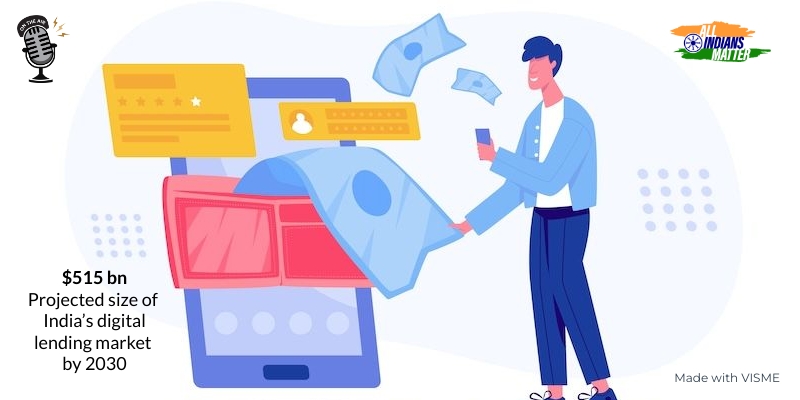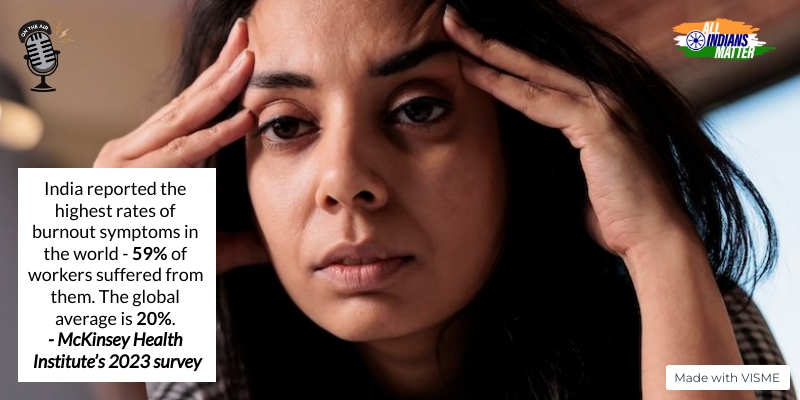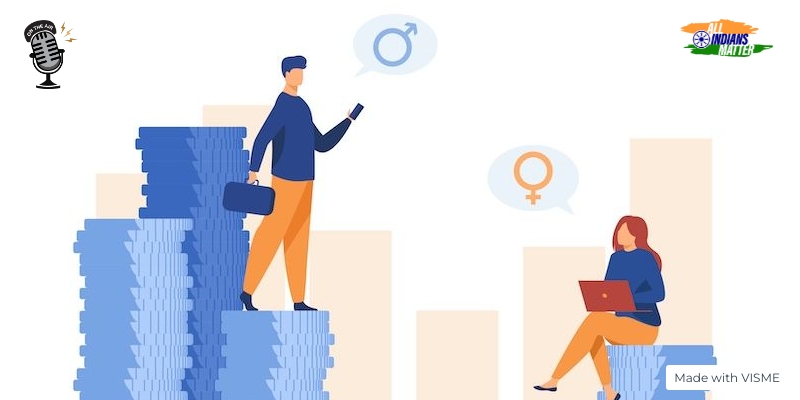By Ashraf Engineer
September 25, 2021
 Hello and welcome to All Indians Matter. I am Ashraf Engineer.
Hello and welcome to All Indians Matter. I am Ashraf Engineer.
Recently, there has been a lot of talk about bringing petrol and diesel under the purview of the Goods and Services Tax, better known as GST. While the government has made it clear that there is no move to do so in the near future, why are people asking for it and how would it benefit you?
SIGNATURE TUNE
Fuel prices have been hitting new highs virtually every week, having been raised at least 41 times since April this year. So, when the clamour for reducing the prices began gathering momentum, one of the suggestions was that fuel be brought under the GST regime.
If that is done, petrol and diesel prices will fall significantly.
However, that did not happen. Now it seems bringing fuel under the ambit of the GST may take longer and along with it any respite that you would have hoped for. Don’t forget, fuel prices impact you significantly – affecting the price of virtually everything you consume and therefore your home budget, savings and future.
One of the reasons for the postponement is that many states are against the inclusion of petroleum products under GST because they earn a considerable amount of revenue from local taxes on these products. With fuel coming under GST, even if it’s under the highest 28% tax slab, state governments would earn a lot less.
How does that work?
First of all, India has among the highest taxes in the world on petrol and diesel – and this includes both central and state levies.
Let’s take the case of Delhi and the recent base price of Rs 40.78 for petrol. When you include freight, the base price rises to Rs 41.10. Now, add Rs 32.90 for excise, Rs 3.84 for dealer commissions and Value Added Tax, or VAT, of Rs 23.35. That brings the retail price to Rs 101.19.
Now, what would happen if petrol comes under GST? First of all, excise and VAT would be replaced with a uniform GST of 28% – which works out to Rs 11.50 on the base price. Add the dealer commission of Rs 3.84 and the price works out to a mere Rs 56.44. Better than the Rs 101.19 that you would pay otherwise, isn’t it?
It’s a decision the Centre should have taken anyway, never mind the opposition from state governments. Now, analysts believe several rounds of discussions would be needed to reach an agreement and many say the states could even demand a tax bracket higher than 28%. This, of course, would neutralise the gains achieved from bringing fuel under GST.
When GST was rolled out in 2017, among the commodities kept out of its purview were crude oil, natural gas, petrol, diesel and aviation turbine fuel or ATF. This was done keeping in mind the revenue dependence of the Central and state governments on them.
That hasn’t changed, so states such as Kerala, Karnataka and Maharashtra have opposed the idea of GST being applied to petroleum products.
Kerala, for instance, says it could lose Rs 8,000 crore annually in taxes and would prefer that the Centre lower excise duty instead. Karnataka, which is ruled by the BJP, which is also in power at the Centre, has also opposed the suggestions. Maharashtra, too, has opposed the idea, arguing that the Centre should not encroach on states’ tax rights.
But what do citizens want? A survey has found that 77% want petrol and diesel to be brought under the GST. The survey, by community social media platform LocalCircles, said that after the second wave of COVID-19, 51% of households said they have cut spending to cope with high fuel prices; 21% had even cut spending on essentials and 14% said they were dipping into savings to make ends meet.
So, where does all this leave you? Unfortunately, it means that there is no respite any time soon. Prices may dip by a few paise every now and then or even a couple of rupees but that won’t result in a lower financial burden for you. This is the time for the Centre to take charge and do all it can to make life easier for you – especially when we are experiencing horrific job losses, hunger and slashed incomes. The Central Government’s financial stimulus has failed and little has been done to successfully mitigate the economic crisis.
What we needed was leadership from Finance Minister Nirmala Sitharaman and Prime Minister Narendra Modi. Instead, we have inaction.
Thank you all for listening. Please visit allindiansmatter.in for more columns and audio podcasts. You can follow me on Twitter at @AshrafEngineer and @AllIndiansCount. Search for the All Indians Matter page on Facebook. On Instagram, the handle is @AllIndiansMatter. Email me at editor@www.allindiansmatter.in. Catch you again soon.






